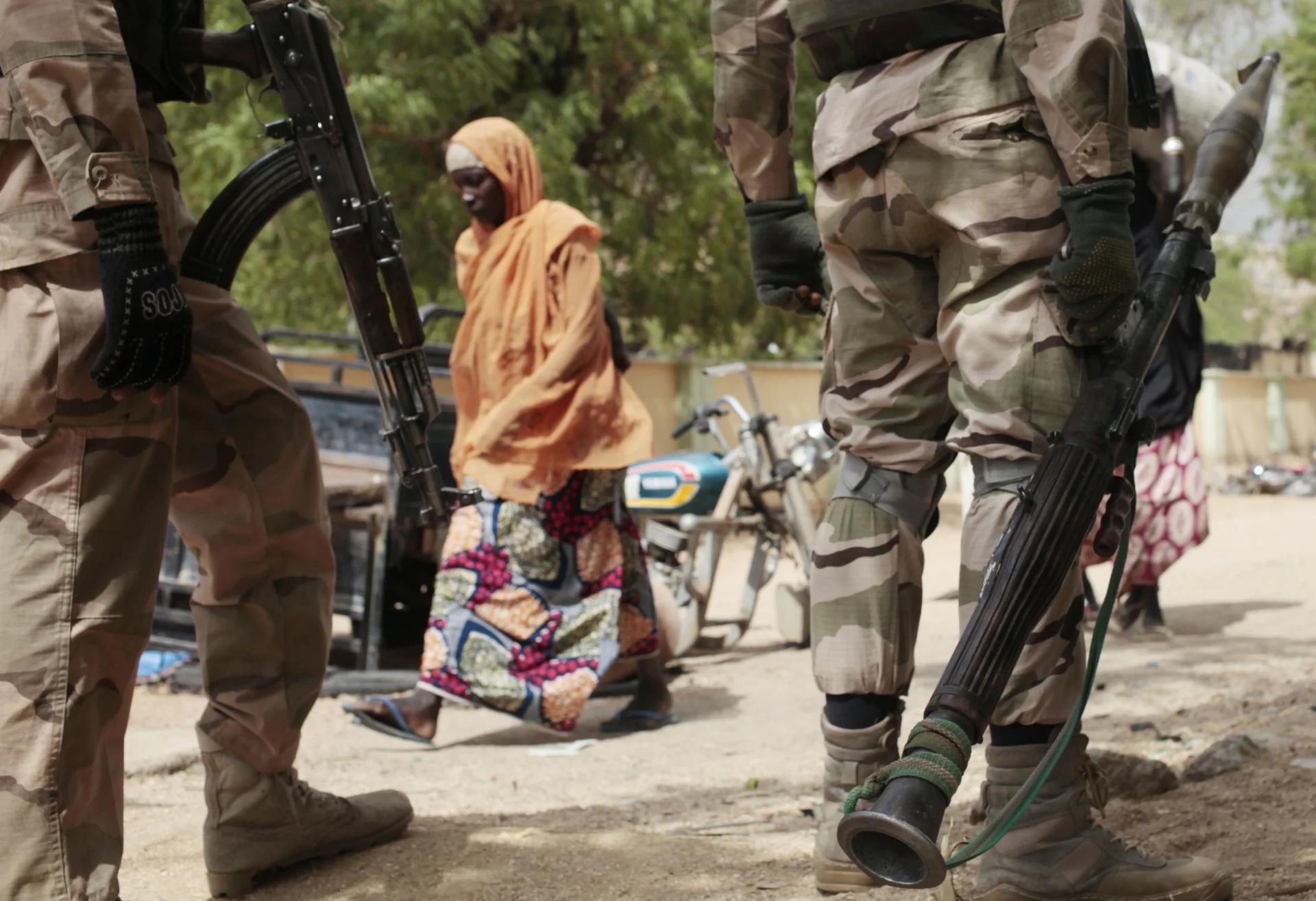Nigeria’s legal system is imposing systematic restrictions on freedom of religion or belief, specifically with its use of blasphemy laws in 12 Nigerian states, according to a statement issued on Monday from the United States Commission on International Religious Freedom (USCIRF).
In April, the Nigerian government assured the United States of its commitment to uphold freedom of religion and expression.
Data compiled by Intersociety and corroborated by International Christian Concern (ICC) shows that over 18,000 Christians were killed in Nigeria between 2015 and 2023, making it the deadliest country in the world for Christians.
A Country Update on Nigeria issued by the USCIRF on Monday said religious communities in Nigeria are facing ongoing, systematic, and egregious violations of their ability to practice their faith freely.
“The Nigerian government’s enforcement of blasphemy laws and an increase in violent attacks by nonstate entities targeting religious communities constitute significant restrictions on freedom of religion or belief (FoRB). Twelve state governments and the federal government in Nigeria enforce blasphemy laws, prosecuting and imprisoning individuals perceived to have insulted religion,” the report said.
It noted those targeted include Christians, Muslims, traditional practitioners, and humanists.
“Furthermore, despite efforts to reduce violence by nonstate actors, the government is often slow to react to violent attacks by Fulani herders, bandit gangs, or insurgents such as Jama’at Ahl al-Sunna lid-Dawah wa’al-Jihad (JAS/Boko Haram), the Islamic State West Africa Province (ISWAP), and other groups invoking Islam to commit acts of violence,” USCIRF says.
“This violence severely restricts religious practice and observance by Christians, Muslims, and traditional religious communities across many Nigerian states in the Middle Belt and in the northeast,” it continues.
Nigeria has a population of 220 million people is almost evenly distributed between Christians and Muslims. The Christians are mainly in the South, and Muslims in the North, while the Middle Belt is more religiously mixed.
The African nation faces significant challenges from several active terrorist groups. The most prominent include Boko Haram that started operations in 2009, but it’s splinter faction, Islamic State West Africa Province (ISWAP) has also been a source of worry for the country. Both groups operate primarily in the northeastern regions and are responsible for numerous attacks on civilians, government forces, and infrastructure.
Additionally, there are Fulani extremist groups, often linked to violent clashes with farmers over land disputes in Nigeria’s Middle Belt.
“Perpetrators of the violence have attacked religious sites including churches and mosques, kidnapped or killed religious leaders, and — in some cases — used violence or threats of violence against religious communities while demanding so-called taxes, invoking Shari’a law as justification,” the report from USCIRF says.
The U.S. commission says groups invoking Islam to commit attacks targeting religious communities and remain a major and ongoing threat to religious freedom in Nigeria “and are increasing in frequency.”
“In recent months, tensions across religious communities have significantly increased. In March, Catholic Bishop Wilfred Anagbe testified before the U.S. House Foreign Affairs Committee on the increasing violence against Nigerian Christians in Benue State. Subsequent to testifying, he received threats by unidentified sources,” the report says.
“Despite efforts in reducing some attacks by bandits and violent extremists on religious communities, the government continues to fail to stop many deadly attacks against Christians, Muslims, and traditionalists, especially in the Middle Belt and northeastern parts of the country,” the report continues.
“Deadly attacks in Nigeria by violent groups as well as kidnappings by bandit gangs targeting religious communities prevent Christians, Muslims, Humanists, and traditionalists from openly and freely practicing their religion or belief,” continues the report from USCIRF.
The U.S. agency says the Nigerian government remains slow or, at times, appears unwilling to respond to this violence, creating an environment of impunity for the attackers.
The report noted Bishop Hassan of Sokoto Diocese has warned that “Nigeria is reaching a breaking point.”
In its 2025 annual report, USCIRF recommended that the State Department designate Nigeria as a CPC and a reconsideration of U.S. foreign assistance to the government of Nigeria. In January 2025, the U.S. government paused humanitarian assistance to Nigeria, much of which was distributed through faith-based organizations or with the intent of reducing interreligious tensions.
“The use of misinformation by generally unidentified actors has recently had a deleterious impact on the safety of religious communities across the country. In 2025, the Human Rights Writers Association of Nigeria urged federal security agencies to immediately investigate the use of misinformation in the northern states due to social media messaging calling for Muslims to attack Christians and southerners living in the north,” the new USCIRF report states.
Meanwhile, the report notes that while Nigeria’s 1999 constitution declares that federal and state governments cannot adopt an official religion, the country’s federal penal code criminalizes actions or statements “persons consider as a public insult on their religion, with the intention that they should consider the act such an insult.”
The constitution also grants Nigerian state governments the authority to adjudicate criminal and noncriminal proceedings through Shari’a courts.
“Although these laws apply only to Muslims in theory, some states regularly disregard that limitation and broadly enforce Shari’a. State governments fine, charge, convict, and imprison non-Muslims – including Christians and humanists – on related charges,” the report states.
USCIRF says blasphemy laws and the state-level imposition of Shari’a in Nigeria is affecting Muslim and non-Muslim Nigerians, and is creating tensions among religious communities, and leading to attacks by violent nonstate entities in the country.













